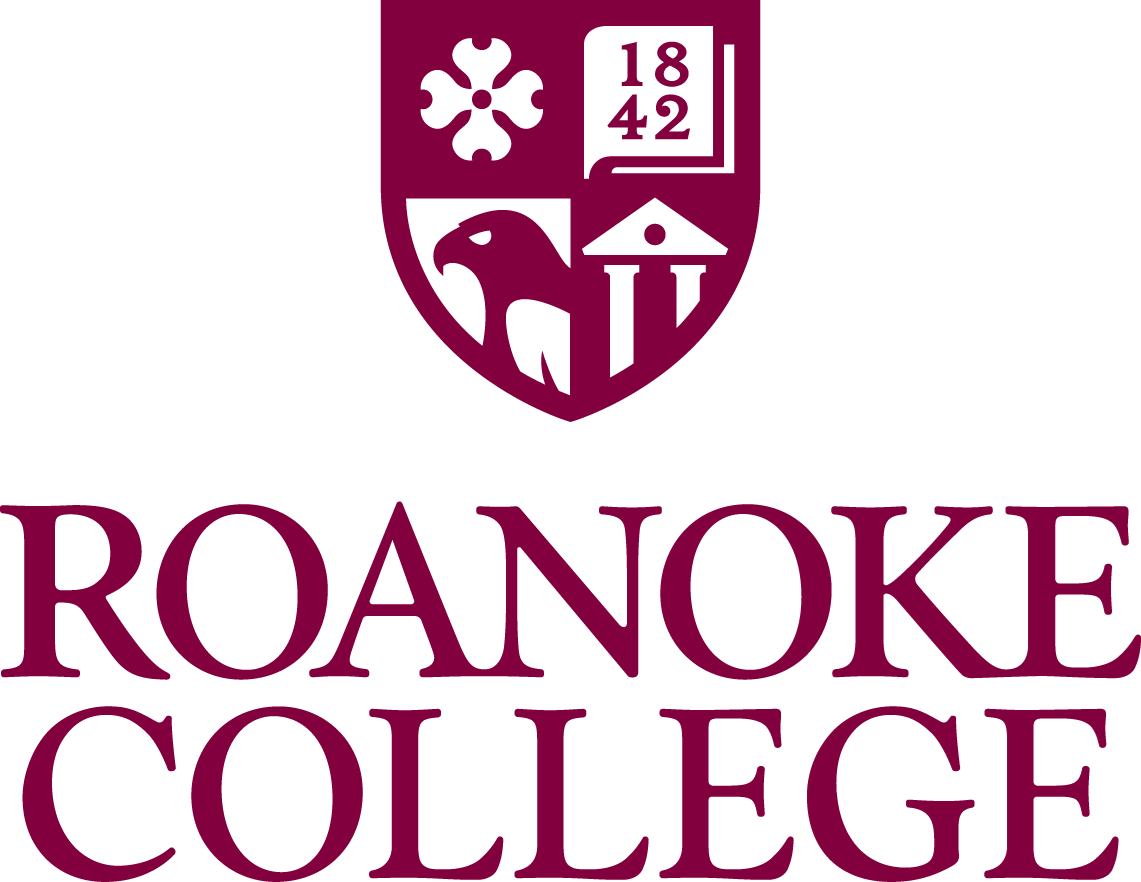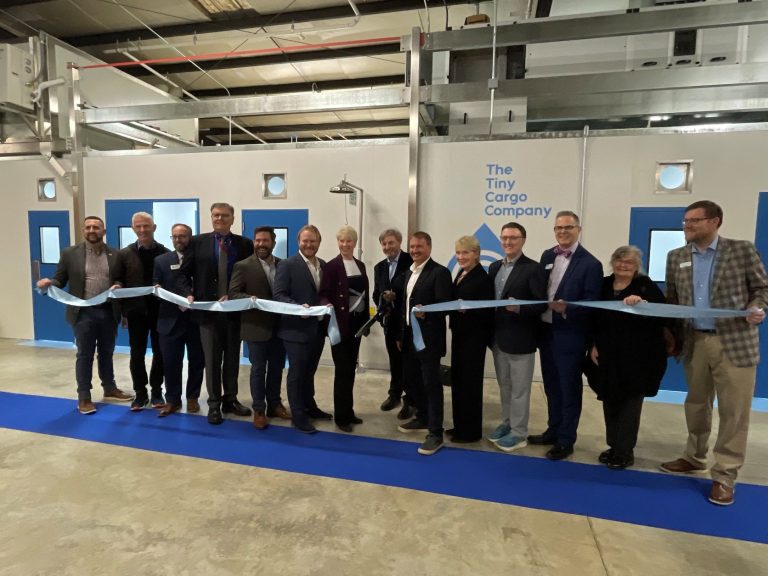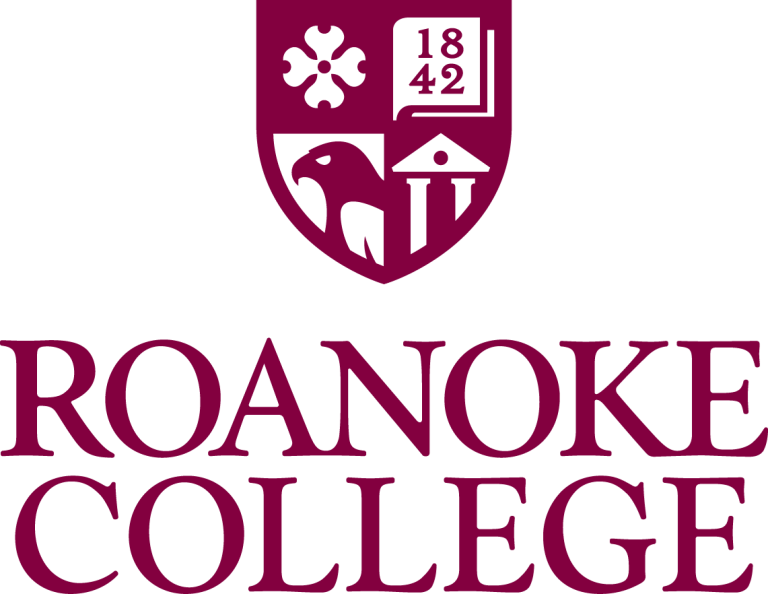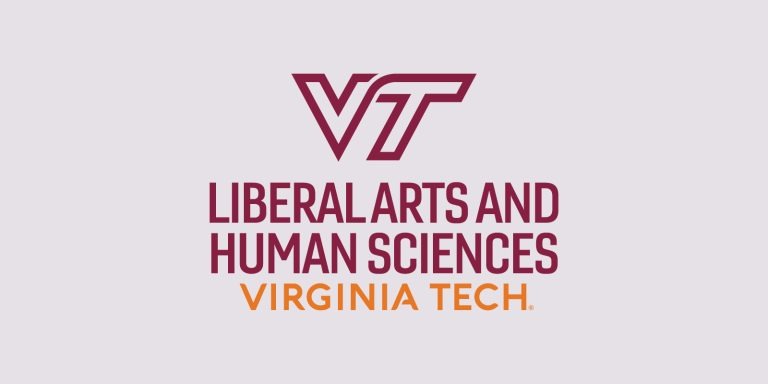 Released by Roanoke College 3/1/2024 9:00 am
Released by Roanoke College 3/1/2024 9:00 am
Roanoke College Poll
Conducted by The Institute for Policy and Opinion Research
Virginians weigh in ahead of Super Tuesday; President Biden’s ratings down, Donald Trump favored in the commonwealth’s Republican primary, and the latest on November’s general election.
The Institute for Policy and Opinion Research (IPOR) at Roanoke College has been asking Virginians about the upcoming Super Tuesday primary and looking ahead to the November general election. IPOR also asked about public attitudes related to state and national politics, as well as opinions on public figures and organizations.
IPOR interviewed 705 adult residents of Virginia between Feb. 11 and Feb. 19, 2024, in a survey of public attitudes related to state and national politics, opinions on public figures and organizations, and election thoughts for Super Tuesday and the November general election. The survey has a weighted margin of error of 4.62%.
2024 Republican Nomination and Potential General Election Matchup
As Super Tuesday approaches and Virginians will cast their ballots in the Republican primary on March 5, the Roanoke College Poll continued to measure Virginians’ opinions about the current race for the Republican presidential nomination, including who they would most prefer to be the Republican candidate for president in 2024.
Among self-reported Republicans, Donald Trump has a huge lead of 75% as their first choice to be the Republican nominee for president in November, followed by 15% for Nikki Haley and 8% for someone else. Support for both candidates has increased since November as other candidates have dropped out of the race; Trump is up 24% and Haley is up 5%. When asked about their second choice for the nominee, 6% chose Trump, 25% picked Haley and 56% would prefer someone else.
We asked Virginians about their intention to vote in the Republican primary on Super Tuesday (March 5, 2024) and 56% of Virginians indicated that they were very or somewhat likely to vote. Of those likely voters, Trump holds an 8-point lead over Haley (51% to 43%). Among likely voters on Tuesday, Democrats prefer Haley (87%) over Trump (10%), Republicans choose Trump (80%) over Haley (18%) and the closeness of the race comes from independents who prefer Haley (54%) over Trump (44%). Of the entire sample, 40% of Democrats, 84% of Republicans and 55% of independents self-identified into the “likely voter” category.
Looking ahead to the general election in November and likely matchups for the presidency, President Joe Biden maintains a four-point lead over Trump (47% to 43%). If Haley were to be the Republican nominee, she would have a nine-point lead over Biden (49% to 40%).
Since we last asked in November, more Virginians would consider voting for an independent candidate in November, up 5% to 50% compared to 45% of Virginians considering an independent candidate three months ago. When asked about the most important issue Virginians consider when voting, jobs and the economy (27%), immigration (17%), inflation (13%) and abortion (9%) were reported.
Approval, Favorability, and Directions of Virginia and Nation
Virginians’ approval of Gov. Glenn Youngkin remains approximately the same as our polls from May 2023, with 53% of Virginians approving of the way Youngkin is handling his job as governor. In that same period, Biden’s job approval has decreased among Virginians, down nine points from an approval rating of 42% in May to 33% in this poll. In November, Biden’s approval was at 37%, and this poll marks the first time that more than 60% of Virginians disapprove of the way Biden is handling the presidency.
The percentage of Virginians who believe things are generally on the wrong track in Virginia and the nation remains stable from our last poll, with 42% reporting that things are on the wrong track in Virginia and 73% reporting that things are on the wrong track in the nation. As for the legislatures at the national and state levels, 16% of Virginians approve of the way Congress is handling its job (up two points since November, but within the margin of error) while 49% approve of the way the Virginia General Assembly is handling its job. The approval rating for the General Assembly increased four points since November and is within the error margin of its approval one year ago (48%).
With the General Assembly considering bills that would potentially authorize and allow retail sale of cannabis in Virginia next year, the poll partnered with Biology Professor DB Poli, coordinator of the new Cannabis Studies Program at Roanoke College, to ask Virginians about their level of support regarding the possible laws. We found that 63% of Virginians strongly or somewhat support laws that would help small businesses compete with pharmaceutical companies and existing medical cannabis dispensaries while only 15% somewhat or strongly oppose. A similar proportion (60%) strongly or somewhat support laws that would regulate education needs for dispensary workers in Virginia with only 12% indicating any level of opposition. Responses were largely non-partisan, with majority support among Democrats (68% and 62% for the two questions), Republicans (56% and 53%) and independents (70% and 55%).
We continue to ask Virginians about their favorability ratings for key political figures and found slight changes since the last Roanoke College Poll. Approximately 48% of Virginians report a favorable impression of Youngkin (down two points), while 41% report an unfavorable impression (up two points). At the national level, 35% of Virginians report a favorable impression of Biden, which is another four-point drop from our last poll in November. About a third (35%) of Virginians report a favorable view of Trump while 61% report an unfavorable view (up six points since November). For the first time, we asked Virginians about Nikki Haley, with 29% having a favorable view, 50% having an unfavorable view and 18% not knowing enough about her to indicate their favorability. We again asked Virginians about their impressions of the U.S. Supreme Court, with 40% reporting a favorable view and 49% an unfavorable view of the court; this is relatively unchanged since November.
There continues to be substantial partisan gaps in Virginians’ attitudes, including 42- and 47-point gaps in Youngkin’s approval and favorability ratings, 55- and 60-point gaps in Biden’s approval and favorability ratings, and a 78-point gap in Trump’s favorability rating. Since November, Democrats’ job approval and favorability of Biden both fell eight points. These gaps also appear in Virginians’ attitudes about the direction of the nation (30-point gap) and favorability rating of the U.S. Supreme Court (32-point gap). However, we found no partisan gaps in the favorability rating for Haley among parties (31%, 32% and 34%, respectively, among Democrats, Republicans and independents).
Analysis
“Ahead of Super Tuesday, it’s not too surprising that former president Trump is likely to win the commonwealth’s Republican primary,” said David Taylor, director of IPOR and professor of mathematics at Roanoke College. “Among Virginians that self-reported a likelihood of voting on Tuesday, Trump holds an eight-point lead over former ambassador Nikki Haley, but based on what we’ve seen in the past, I would expect actual voter turnout to be lower than what our poll found. Trump has a 62-point lead among Republicans and Haley has a 10-point lead among independents, so while a Trump victory is the likely outcome, Haley will capture several of Virginia’s 48 delegates up for grabs.”
“Partisanship continues to shape Virginians’ views on national politics and, to a lesser degree, state politics. Governor Youngkin’s job approval among Republicans remains high, but his approval among Democrats has increased almost 10 points since November. We also found that both Democrats and Republicans agree that the commonwealth is generally heading in the right direction. Nationally, though, about 40% of Democrats and just about 10% of Republicans say the country is heading in the right direction.”
“What’s interesting to look at is a snapshot four years ago relative to this month’s poll. In 2020, about 40% of Virginians said that the country was heading in the right direction; now that figure has dropped to nearly 25%. When asked about the direction of Virginia, results today roughly mirror those at the same time four years ago. When our poll in 2020 asked about former president Trump’s job approval, he had a 36% approval rating compared to incumbent Biden’s approval now of 33%. His current approval is the lowest IPOR has seen since Biden took office, when his approval was 47% among Virginians.”
“What’s changed? Our state is generally considered either a swing state or one that leans a bit to the left. Biden’s favorability rating of 35% now compared to 37% four years ago is relatively unchanged, but his unfavorability rating (61% now compared to 37% in 2020) has nearly doubled and nearly matches Trump’s favorable/unfavorable ratings in 2020 and in this 2024 poll. Despite Virginia Republicans’ strong desire for Trump to be the party’s candidate in this November’s general election, the Roanoke College Poll found that Trump leads Biden by four points in November’s race but Haley would lead Biden by nine points if she were the nominee.”
Methodology
Interviewing for the Roanoke College Poll was conducted by The Institute for Policy and Opinion Research (IPOR) at Roanoke College in Salem, Virginia, between Feb. 11 and Feb. 19, 2024. A total of 703 completed interviews came from random telephone calls to 425 Virginians, and 278 responses were drawn from a proprietary online panel of Virginians. Interviews were conducted in English. Cellphones constituted 69% of the completed phone interviews.
The landline sampling frame was created by random digit dialing, with area code and exchange coverage made proportional to population density in Virginia, and services from iconectiv, LLC, were used to remove numbers that had been ported to a cellular provider. Marketing Systems Group provided the cellular dialing frame using a combination of random digit dialing and randomly selected numbers with a Virginia billing zip code to ensure representation. Lucid, LLC facilitated the online panel with completion time and attention check questions used for quality control. IPOR regularly uses bootstrap analysis of post-survey results to control for quality within the blended frames.
Questions answered by the sample of 703 respondents are subject to a weighted error margin (including design effect) of plus or minus 4.62% at a confidence level of 95%. This means that in 95 out of 100 samples such as the one used here, the results should be at most 4.62 percentage points above or below the figure obtained by interviewing all Virginians with a home telephone or a cellphone. Where the results of subgroups are reported, the error margin is higher.
Quotas were used to ensure that different regions of the commonwealth were proportionately represented. The data were statistically weighted for gender, race and age. Weighting was done to match Virginia data in the 2022 one-year American Community Survey (ACS). The design effect was 1.570.
A copy of the questions and all toplines may be found here.
More information about the Roanoke College Poll may be obtained by contacting the director of the Institute for Policy and Opinion Research, Dr. David Taylor, at [email protected] or 540-375-4933. He’s available Friday, March 1 before 11 a.m., between 12 noon and 1 p.m. or after 3 p.m. On Monday, March 4, he is available before 9:30 a.m., from 11:30 a.m. to 1 p.m. and after 3 p.m. Or you may reach out to the Roanoke College Public Relations Office at 540-375-2282 or [email protected]. roanoke.edu/IPOR



